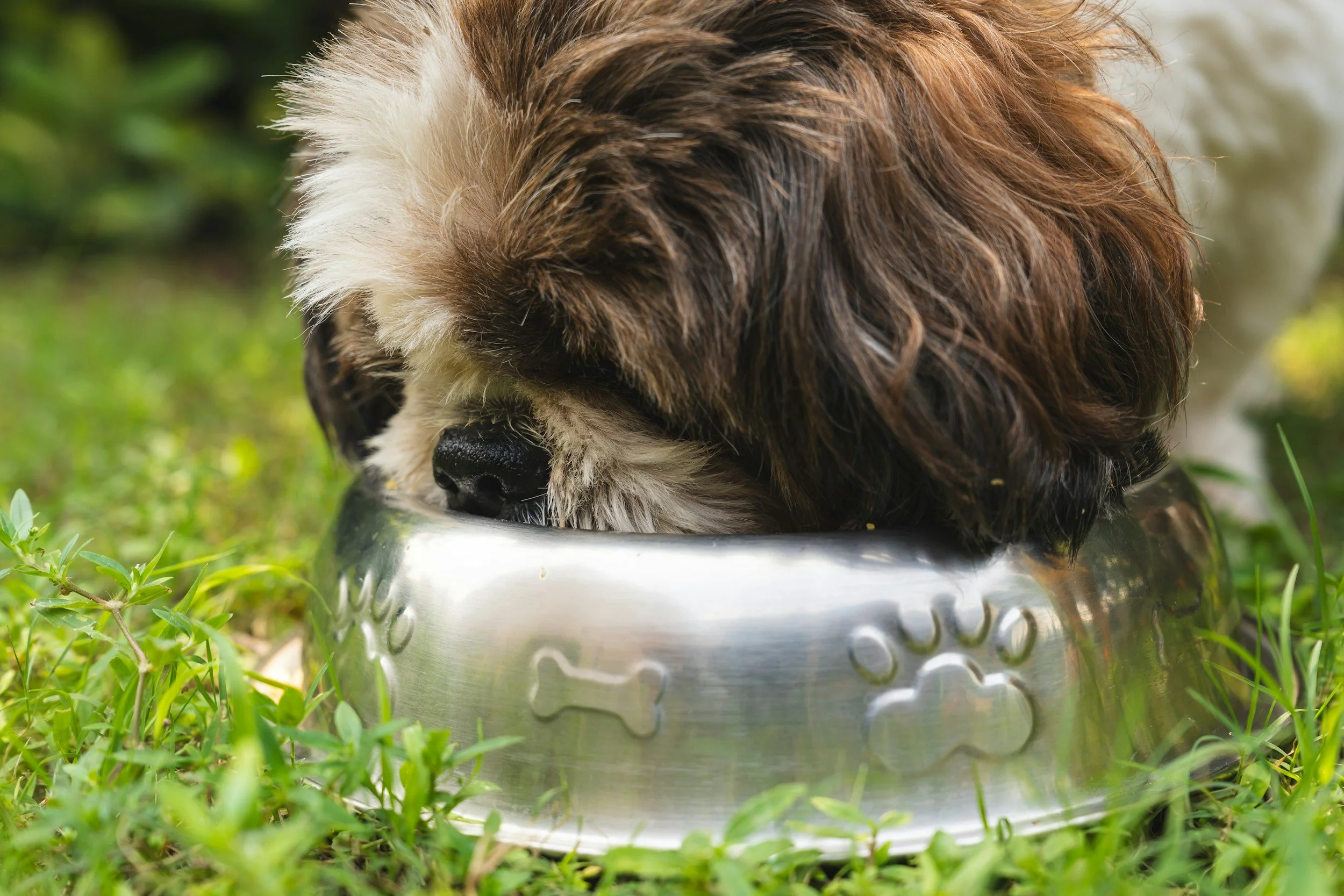Dog Gut Health Supplements: A Simple Guide to a Happier, Healthier Microbiome
Why gut health matters
Your dog’s gut drives digestion, immunity, energy, and even mood. Up to 70–80% of immune cells sit in the gastrointestinal tract. A balanced microbiome supports firm stools, good appetite, healthy skin, and steady behaviour. When the gut is off, you see loose stools, gassiness, itching, or low energy. The right dog gut health supplement helps restore balance.
Prebiotics vs probiotics vs postbiotics
Prebiotics are fibres that feed good bacteria (e.g., GOS). They improve stool quality and help friendly microbes thrive.
Probiotics are live bacteria that add to the gut community. They can help during and after stress or antibiotics.
Postbiotics are beneficial compounds produced by microbes; they support gut barrier and immune tone.
A practical plan often starts with prebiotics because they are stable, gentle, and easy to add daily. You can add probiotics during higher-stress periods or after vet advice.
Signs your dog may need gut support
Soft stools, irregular bowel habits, or excess gas
Fussy appetite or mild nausea after meals
Itchy skin that flares with diet changes
Low energy or slower recovery after illness or antibiotics
Senior dogs that need easy, gentle nutrition
What to look for in a gut health supplement
Choose a product that is simple, clear, and easy to digest:
Hydrolysed protein for fast uptake and low allergenicity
Prebiotics (e.g., GOS) to feed beneficial flora
Balanced vitamins and minerals for cell repair and energy metabolism
Lactose-free to reduce GI stress (many dogs lack lactase)
Label transparency with per-serve actives and clear dosing by body weight
Australian-made, human-grade inputs for quality and consistency
Format and bioavailability matter
Powder meal toppers or mix-with-water drinks make daily use simple. Hydrolysed protein uses small peptides that the gut absorbs quickly via dedicated transporters, which supports recovery and daily vitality without heaviness. Gentle processes protect delicate nutrients.
Everyday habits that help
Keep meals consistent; avoid sudden food switches
Offer fresh water; mild dehydration upsets the gut
Use small, frequent meals for sensitive dogs
Add exercise and routine; the microbiome likes rhythm
Track stools, appetite, and energy weekly
Common mistakes (and quick fixes)
Relying on kibble alone during recovery → add a gut health supplement for extra protein, micronutrients, and prebiotics.
Using human drinks → can contain lactose or unsuitable sweeteners. Choose lactose-free pet nutrition.
Stopping too soon → give a steady 2–4 weeks to see stable results.
Ignoring dose by weight → measure properly for reliable outcomes.
When to speak with your vet
Contact your vet if you see blood in stools, sudden weight loss, vomiting that persists, severe diarrhoea, or pain. Nutrition complements veterinary care; some cases need diagnostics, targeted diets, or medication.
The InnoVet option: Health Boost+
Health Boost+ is a human-grade, lactose-free daily nutrition supplement for dogs (and cats). It supports gut comfort, recovery, and everyday vitality with:
Hydrolysed protein for quick absorption
Prebiotic support to nourish the microbiome
Essential vitamins and minerals for energy and resilience
Easy format: mix with water or use as a meal topper
It suits fussy eaters, seniors, and pets returning from stress or illness. Daily routines work best: dose by body weight and track progress over 2–4 weeks.
FAQs: Dog Gut Health
Is a gut supplement safe for daily use?
Yes, when you follow the label. Many dogs benefit from steady, gentle support.
Do I need both prebiotics and probiotics?
Prebiotics are a solid daily base. Add probiotics during stress or after vet advice.
How long until I see results?
Many dogs improve within 1–2 weeks; best stability often appears by 3–4 weeks.
Can puppies use gut supplements?
Yes, dose by weight. Gentle, lactose-free options suit developing systems.
Will this replace my dog’s food?
No. It complements a complete diet. Keep meals consistent for best results.
My dog is sensitive to dairy, what now?
Choose lactose-free products to reduce GI load while still delivering nutrients.
Key takeaways
A balanced microbiome supports digestion, immunity, skin, and energy.
Prebiotics, hydrolysed protein, and lactose-free formats are gentle and effective.
Consistent daily use over 2–4 weeks builds stable results.
Track stools, appetite, and energy; consult your vet for persistent issues.








